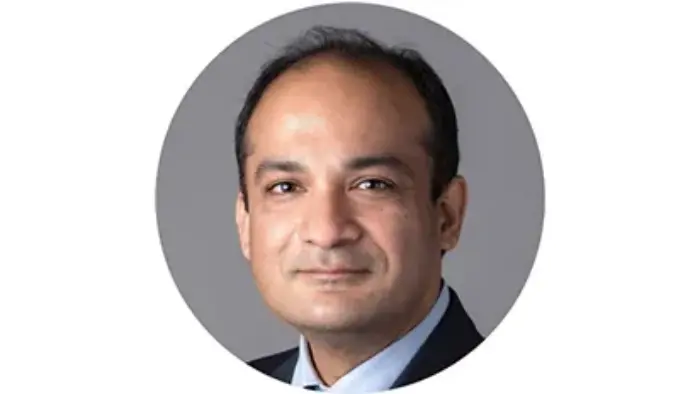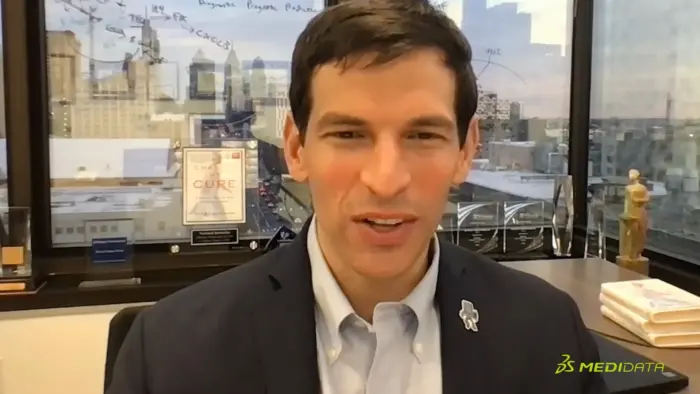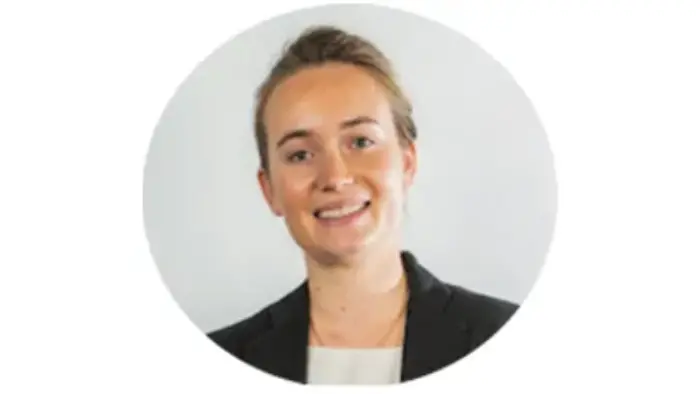
Medidata at ASH 2022
December 10-13, 2022
New Orleans, LA
ASH is the American Society of Hematology and they host the premier event in malignant and classical hematology. Medidata is returning as an exhibiting sponsor where we will present our thought leadership and vision in the generation of integrated evidence within clinical and scientific hematology research.
Visit us at booth #2159 to meet with Medidata AI experts. We can’t wait to see you there.
Our Presence
Join our poster session to learn how to derive Predictive Features of Severe CRS from Pre-Infusion Clinical Data in CAR T-Cell Therapies, presented by Vibhu Agarwal, Senior Director, Data Science, Trial Design Solutions and Penelope Lafeuille, Data Scientist, Trial Design Solutions, Medidata AI.
Date: Sunday, December 11, 2022
Time: 6:00pm-8:00pm
Session 803: Emerging Tools, Techniques and Artificial Intelligence in Hematology: Poster II
Meet with Medidata
Visit booth #2159 to meet with our subject matter experts. Stop by our booth at your convenience during the event, or schedule a meeting using the sign up now link below. We will reach out to confirm your requested meeting date and time.

Vibhu Agarwal
Senior Director Data Science, Trial Design Solutions, Medidata AI
Vibhu Agarwal leads the development of algorithms and analytics pipelines to support immunotherapeutic development in oncology ((CAR-T, TCR, ImmTAC). Recent work focuses on safety profiling and predicting CRS and ICANS episodes in interventional trials. More broadly includes sequence modeling techniques for noisy, multivariate SDTM/ADaM data.

Sheila Diamond, MS, CGC
Digital and Patient Centricity Platform Director
Sheila Diamond drives thought leadership and builds relationships with life science partners to judiciously integrate advances in data and technology into precision medicine and patient care. Sheila is a board-certified genetic counselor with specialties in rare diseases, neurodegenerative disorders, and predisposition genomic testing.

Bryant Fields
Senior Director, Go-To-Market & Commercial Strategy – Integrated Evidence, Medidata AI
Bryant has enjoyed nearly 25 years in the clinical research domain, consisting of industry leadership in clinical data management and clinical operations. Most notably, he developed and led a global team of clinical data managers in the successful delivery of high quality data in Oncology, Hemophilia and Ophthalmology submissions. Bryant has led workstreams in the identification of innovative and transformative process and tools for future clinical data environments.

Elizabeth Lamont, MD
Senior Medical Director, Medidata AI
Dr. Lamont is a physician-scientist with methodologic and analytic expertise in the generalizability of clinical trial results to understudied populations. At Medidata, she works in the Medidata AI team primarily supporting the synthetic control arm team.
Dr. Lamont, ABIM certified in medical oncology, is a graduate of the Geisel School of Medicine at Dartmouth (MD), the University of Chicago (MS Health Studies), and Harvard Medical School (MMSc Biomedical Informatics).

Melody Samant
Director of Commercial and Go-To-Market Strategy for Medidata AI’s Synthetic Control Arm®
Before joining Medidata AI, Melody Samant worked to operationalize innovative epidemiological projects at IQVIA, including a Direct-to-Community Registry and COVID-19 surveillance for professional sports leagues. She also has experience as a life sciences consultant with a focus on integrating new and existing patient-reported outcomes into clinical research. Melody holds a Master’s in Public Health in Epidemiology and a Bachelor of Arts in Biology from Columbia University.


